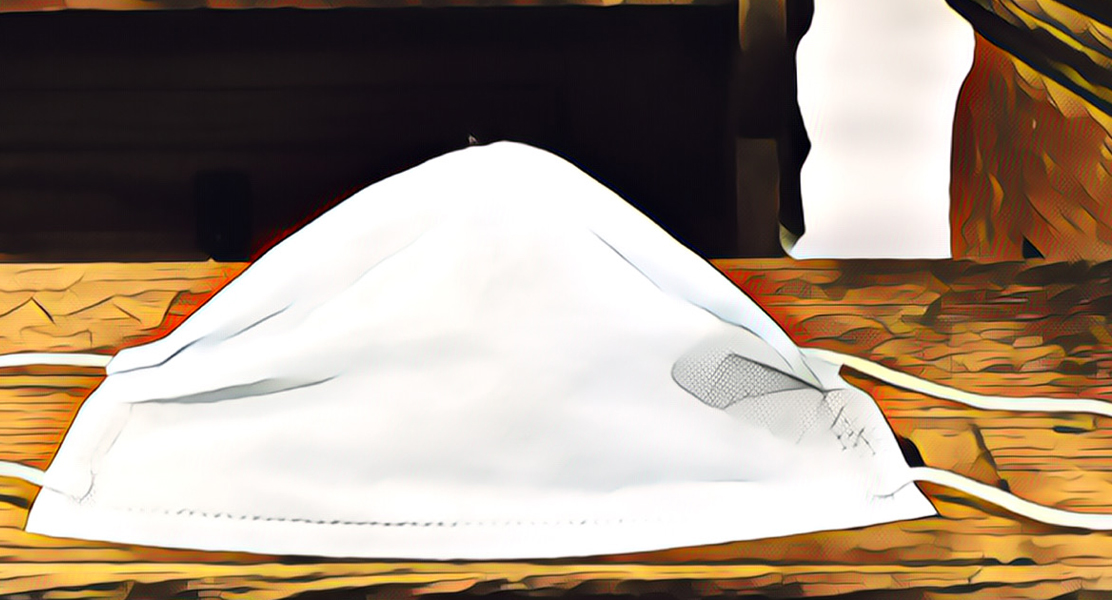California ends litigation with agreement to lift all COVID restrictions on houses of worship

A federal judge in California approved a settlement agreement between the state of California and two plaintiff churches that bars the state from imposing any restrictions on even indoor worship services. As a result of the permanent injunction, all churches in the state can hold worship services without limitation.
The agreement follows multiple, successful emergency appeals to the U.S. Supreme Court, in which rulings by the 9th U.S. Circuit Court of Appeals upholding COVID-19 restrictions on religious gatherings were reversed without oral argument or much explanation. The Court pointed to its November 2020 decision in Roman Catholic Diocese of Brooklyn v. Cuomo, barring the state of New York from enforcing caps on worship service attendance.
Since the beginning of the COVID-19 pandemic, limitations on worship services in California have been among the most restrictive, controversial and heavily litigated in the country. Nearly one year ago, the Supreme Court ruled in favor of California’s restrictions, its first ruling related to a COVID-related worship regulation. Chief Justice John Roberts explained that the judiciary must allow elected officials broad latitude to protect the health and safety of the people. He rejected the argument that under the First Amendment the state must allow churches to operate in the same manner as grocery stores and banks, noting that during worship services people congregate in large groups and “remain in close proximity for extended periods.”
That 5-4 Court’s reasoning came to an end, however, with the passing of Justice Ruth Bader Ginsburg. The agreement with California appears to represent an acknowledgment of the shift in Supreme Court rulings since Justice Amy Barrett joined the Court. Fortunately, it also comes at a time when the pandemic may finally to be easing in the United States as more and more Americans are vaccinated. The state may, under the agreement, reinstate certain restrictions on worship services if the infection or hospitalization rates due to a COVID-19 surge reaches certain benchmarks, but only those restrictions that “are either identical to, or at least as favorable as, the restrictions imposed on other similar gatherings” as determined by the more recent Supreme Court decisions on the subject.
The agreement also lifts all restrictions on singing and chanting, and requires the state to pay $1.35 million in attorney fees.




